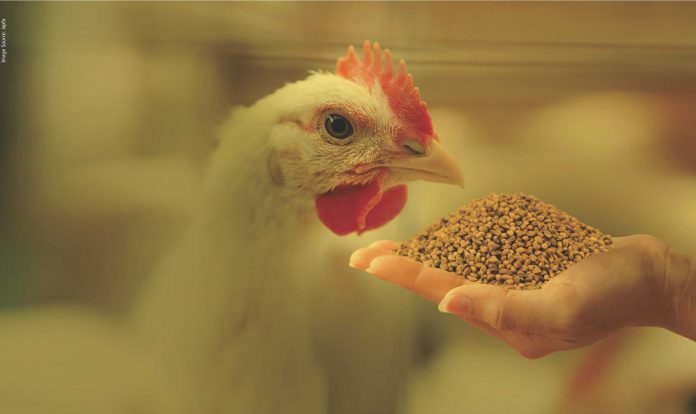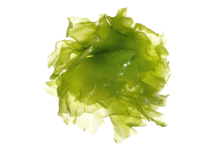Inclusion of fermented rice bran in broiler rations enhances broiler growth performance and reduces their blood cholesterol levels finds Bangladesh Agriculture University.
Rice bran is one of the potential feed resources with high nutritional value; however, the presence of antinutritional factors, such as phytate and high fiber, create a barrier to express its full potential as broiler feed (Khempaka, 2009; Mu et al., 2011; Islam, 2018).
Gallinger et al. (2004) reported that excessive inclusion of rice bran hampers the growth of chicks. However, fermentation of rice bran and other agroindustrial byproducts increases their protein and reduces their fiber content (Sugiharto, 2016; Ullah, 2021).
Fermentation also enhances its functionality (Sugiharto et al., 2018) as a poultry feed ingredient by improving phenolic content and antioxidant activity (Oliveira et al., 2008), boosting immunity (Koh et al., 2002) of poultry, and decreasing phytate phosphorus content of rice bran (Azrinnahar et al., 2021).
Different organisms ferment rice bran, and their effects on improving the nutritional quality of rice bran also differ. Rumen inoculum obtained from mature cattle could be used for the fermentation of rice bran. Martin et al. (1998) stated that Bacillus amyloliquefaciens produces phytase that hydrolyzes phytic acid in rice bran; protein, calcium, and phosphorus trapped by phytic acid are then released and diluted for poultry use.
Urea and molasses supplements serve as soluble nutrients to the microbial population, accelerating the fermentation process and improving the nutritional content of the fermented rice bran. This study was designed to observe the nutritional quality improvement in and the effect of fermented rice bran in broiler rations on production performance of broilers.
The study investigated the effects of fermentation on nutritional quality improvement of rice bran and their influence on broiler growth performance and cholesterol reduction.
Inoculum and rice bran were mixed in a 1:1 ratio for fermentation at 39℃ for 48 h, and proximate analysis was performed to determine amino acid content. In total, 120-day-old chicks (BAU Bro White) were randomly divided into 3 groups with 4 replications (10 birds in each replication). Unfermented rice bran was administered to the control group (C), 10% fermented (only rumen inoculum used) rice bran was administered to the F group, and 10% fermented rice bran (5% molasses added with rumen inoculum) was administered to the MF group.
Rations were prepared and provided ad libitum to broilers for 35 d, and broiler blood samples were collected on the 35th day. Fermentation increased the crude protein content of fermented rice bran by 17.21 and 24.59% in the F and MF groups, respectively. Fiber content was reduced by 14.29 and 24.10% in the F and MF groups, respectively. Phytate phosphorus content also reduced in both fermented groups. FCR was low in the F and MF groups. Blood cholesterol level reduced by 22.89 and 13.09% in F and MF groups, whereas blood albumin content was increased by 24.15 and 14.61% in F and MF groups, respectively.
Fermentation improves the nutritive value of rice bran, and addition of supplements, such as molasses, accelerates fermentation. Even inclusion of fermented rice bran in broiler rations enhances the growth performance of broiler, and reduces the cholesterol level in blood serum.













